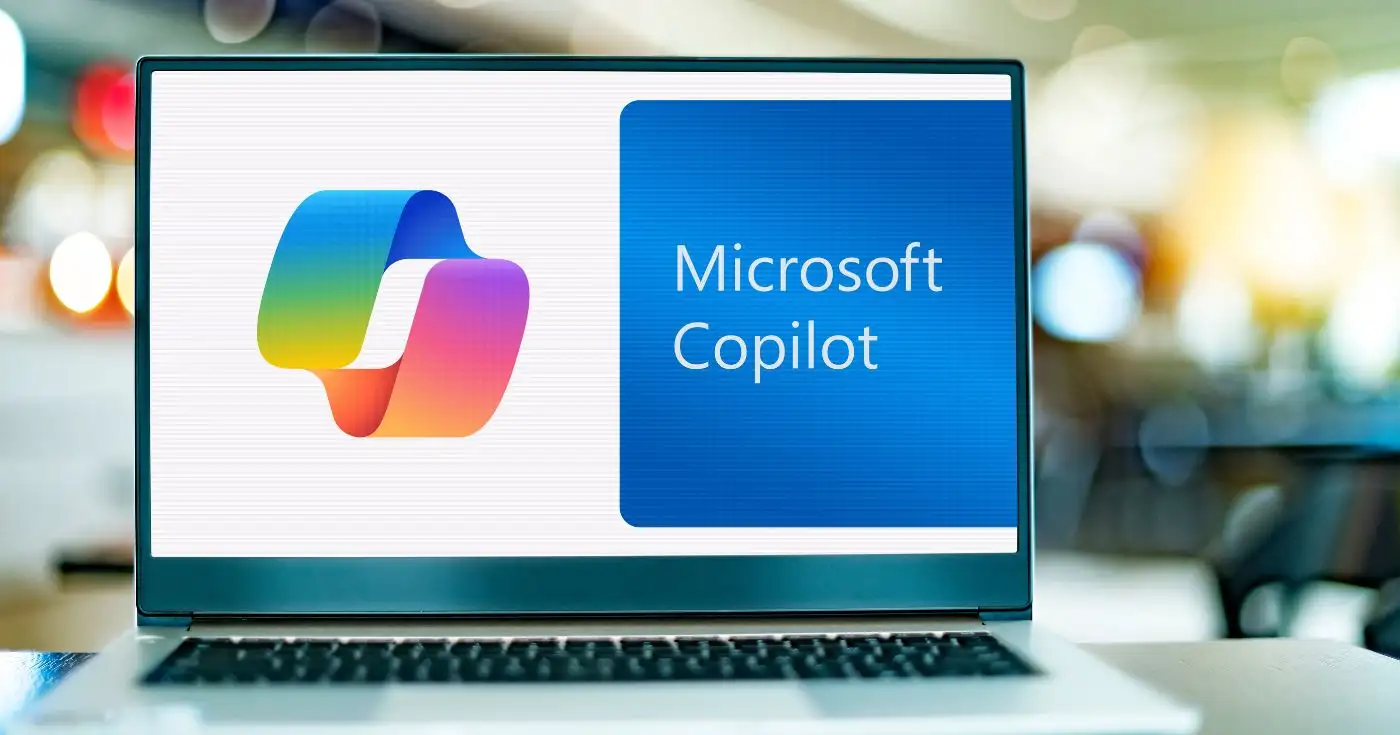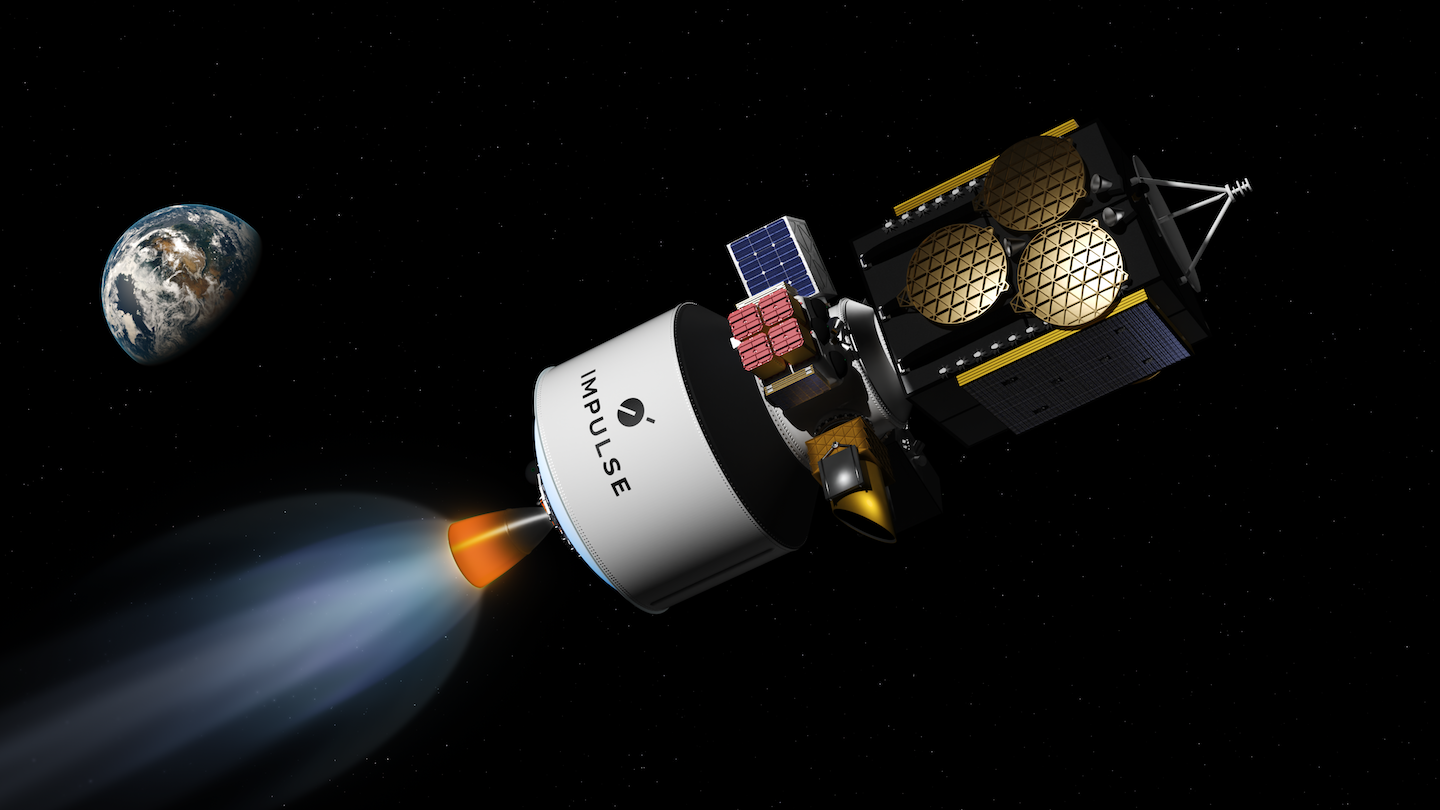Microsoft intends to compensate publishers for content featured in Copilot Daily, a new feature of its cross-platform, AI-powered assistant, Copilot
Copilot Daily, previously announced on Tuesday in conjunction with other enhancements, provides users with a spoken summary of the weather and current events.
Alexa and Google Assistant have long provided comparable daily summaries; however, Microsoft characterizes its approach as “an antidote to that well-known sensation of information overload.”
Microsoft writes in a blog post that Copilot Daily will only draw from authorized content sources and will be clean, simple, and straightforward to digest. The company also mentions that customization options and reminders will be available.
Reuters, Axel Springer, Hearst Magazines, U.S.A. Today, Network and The Financial Times have all signed on to Copilot Daily, which is exclusively available in the United States and the United Kingdom upon launch.
Microsoft has declined to disclose the amount it is paying publishers or the specifics of the agreements. However, the company has indicated that it intends to expand Copilot Daily to additional countries and include additional publishers soon.
Microsoft has been compensating publishers through content-licensing agreements for its M.S.N. platform for an extended period. However, the company’s A.I. products were not included in those licensing agreements until recently.

Image Credits: Microsoft
None of the Copilot Daily publisher partners responded to TechCrunch’s request for comment as of publication time.
The partnerships come at a time when some AI vendors, including OpenAI, Perplexity, and even Apple, embrace payment deals partly to shield against claims that their AI tools infringe on copyrighted works.
Many of the deals give AI vendors sorely needed data to train their models. According to one estimate, the market for AI training data could grow to close to $30 billion within a decade.
Publishers are now receiving a portion of the ad revenue generated by Perplexity’s AI-powered search utility when their articles are displayed in response to a query. Condé Nast, Time, NewsCorp, Vox Media, and The Associated Press are among the publishers from which OpenAI is licensing content.
The structure of these agreements has been criticized by certain publishers, writers, and unions, who contend that it undermines the importance of journalism.
To provide context, OpenAI’s lower-end checks are purportedly priced between $1 million and $5 million annually. As of June, OpenAI’s ChatGPT chatbot generated links to news partners’ inoperable stories, as ved.
He observed, however, that the press industry is in dire need of respite.
According to Fast Compa believes believesy, the industry may consider eliminating 10,000 positions this year. That would be an improvement from the previous year, during which more than 21,400 journalism positions were eliminated; however, it is not a particularly optimistic scenario.
The decline results from various factors, including inflation, which negatively impacts subscriptions, and the sluggish growth of ad budgets.
In addition to AI-generated search overviews, the struggle to establish a sustainable business model has been exacerbated by Big Tech. Their search and feed algorithm modifications have resulted in a decrease in traffic to news sites.
Pundits contend that technology has also conditioned individuals to anticipate free content. Only half of all U.S. students obtain their news from fU.S.socialU.S.ia—and has captured a disproportionate amount of ad revenue at the expense of publishers.
Currently, Google and Meta receive approximately 60% of the global ad expenditure. A study discovered that broadcasters incur an annual loss of nearly $2 billion in ad revenue due to the platforms of Google and Meta.



